|
Why critical race theory is critically important So many people have become fearful of learning about America's history. Or anything that challenges their trained way of thinking. The truth is, though, we can all handle unwinding years of inadequate education. We will all be better off if we learn about why we still have race issues in the 21st century. This piece dives into these issues.
0 Comments
Stop using King’s words to support oppressive systems It has become all too commonplace for politicians to invoke Dr. Martin Luther King, Jr. all while still refusing to embark on any meaningful change when it comes to race. Every MLK Day, the echos of "judge everyone by the content of their character and not by the color of their skin" is heard. But Dr. King wasn't just a person with a dream. He was a revolutionary advocating for the unraveling of systemic racism. This piece breaks down Dr. King's real vision and strategy beyond just a few nice quotes that fit on t-shirts.
The 2021 film "Subjects of Desire" is a must see. It unpacks some of the negative stereotypes of Black women and how that has impacted both Black and white people in society. This essay gives you a glimpse of why we should watch this film to broaden your knowledge and help us improve society.
Part of loving one’s country is wanting to redress its wrongs Rapper Pitbull again said that anyone who criticizes America should think about moving to Cuba and see how much they like it.
But Pitbull misses the point. Our standard for a great America isn't whether we're better that North Korea, Iran and Cuba. It is patriotic to want true history to be taught to our children. It's patriotic to critique America so it can improve its ways. It's patriotic to fight for social justice for all of its citizens. This essay breaks this down. Untangling the images that shape our thinking This essay uses the backdrop of comics and superheroes to highlight how we our unconscious bias has been form through childhood images. When people took to the internet to criticize the new Black Batwoman, it reminded me how we had green superheroes and a dog before we had a popular Black superhero. This essay explores how that harmed us and provides us tools to undo that impact.
Beauty, Lessons, Challenges and Repair I wasn’t sure what to expect when I landed in the Rwandan capital city of Kigali. I was visiting East Africa as part of Africa Development Promise’s program to support women-owned farming cooperatives.
I had done my fair share of reading about various parts of Africa over the years and certainly didn’t have a monolithic view of the continent. But you can’t grow up in a western country without having at least some unconscious bias about the continent being “backwards.” It’s not like I thought of countries as “shitholes” or anything, but I still approached my trip with a combination of excitement and apprehension. This piece explores my travels to Rwanda, Ethiopia and Uganda and what lessons we can learn from the beautiful continent of Africa. Why everyone's so scared A primary tenet of critical race theory is the oft-ignored reality that racism is ordinary and normative. It’s not a few nut cases. It’s not aberrational. It’s not individualized. It’s you. It’s me. It’s our systems. It’s part and parcel of society. Racism, according to CRT, is deeply part of our American psyche, affecting all of us. The result, which is why so many are in uproar, is that every person would not only need to critically examine the country we were taught was the champion of freedom. But that we must look inside ourselves. At our biases. Our attitudes. Our behaviors. This essay explores CRT in an intellectually honest manner and outside of the extremes and distractions. The stars and stripes of racism  Independence Day for me as a kid was always a joyous occasion. Beautiful red, white, and blue flags everywhere. Burgers and hot dogs. Lighting sparklers. Sitting on blankets in a field watching fireworks. Columbus Clippers baseball games.
But for some people, it wasn't all picnics and barbecues. This essay delves into systemic racism and how we can begin to heal. How to use personal trauma to practice empathy of others Most of us, Black or white, have experienced some trauma in life. Whether it’s an awful childhood, a bad parent, an abusive partner. Severe financial hardship or divorce. Disability. A scary illness. Yelling and screaming in the house. Extremist religion. The death of a parent or child. Or if you’re Jewish, Muslim, Asian, Latino, gay, trans or in some other marginalized group, you’ve undoubtedly dealt with xenophobic-laced challenges. There are few among any of us who haven’t experienced impactful trauma.
This essay dives into how we can use our own trauma to practice empathy for others. HOW ABOUT ALL YEAR ROUND Black History Month obviously is an important time to learn about the challenges and contributions of Black people in America. But those contributions are far more than just the civil rights movement. Black Americans have been far more involved in America’s advancement than most of us have been taught. This essay dives into why Black history needs to be taught as part of American history and not just in one short month of the year.
TIME FOR EUROPE TO PAY FOR THEIR RACIST SINS The focus has always been on America for its racism and slavery past. But Europe seems to get a free pass even though it was Spain, England, the Netherlands and others who traded and profited from the slaves. The Europeans used their wealth to build their countries and shipped the slaves to the U.S. instead of to Europe. This essay advocates for holding European countries partly responsible for fixing the problems that still plague America from this evil part of history. Activist Jeffrey Kass gives us a refresher course on the African slave trade that helped build Europe.
MARGINALIZED GROUPS AREN’T RESPONSIBLE FOR ALL SINS OF THEIR MEMBERS When a white man shoots up a Vegas nightclub or guns people down in Florida, there’s nobody calling on other whites to condemn them on behalf of the white people. But for some reason, when some member of a minority group, whether it be a Black man, a Jew or a Muslim, we look these groups to issue broad condemnations. As if the bad person committed the crime or heinous act in the name of all people who look or worship like him. This essay explores why this double standard isn’t fair.
|
READING THE ESSAYSArticles and videos here may appear in their entirety at other media outlets. Just click the READ MORE link for more details. Archives
February 2023
Categories
All
|
|
© 2022 Jeffrey Kass All Rights Reserved
|
WEBSITE DESIGN BY: Hyer.Media
|

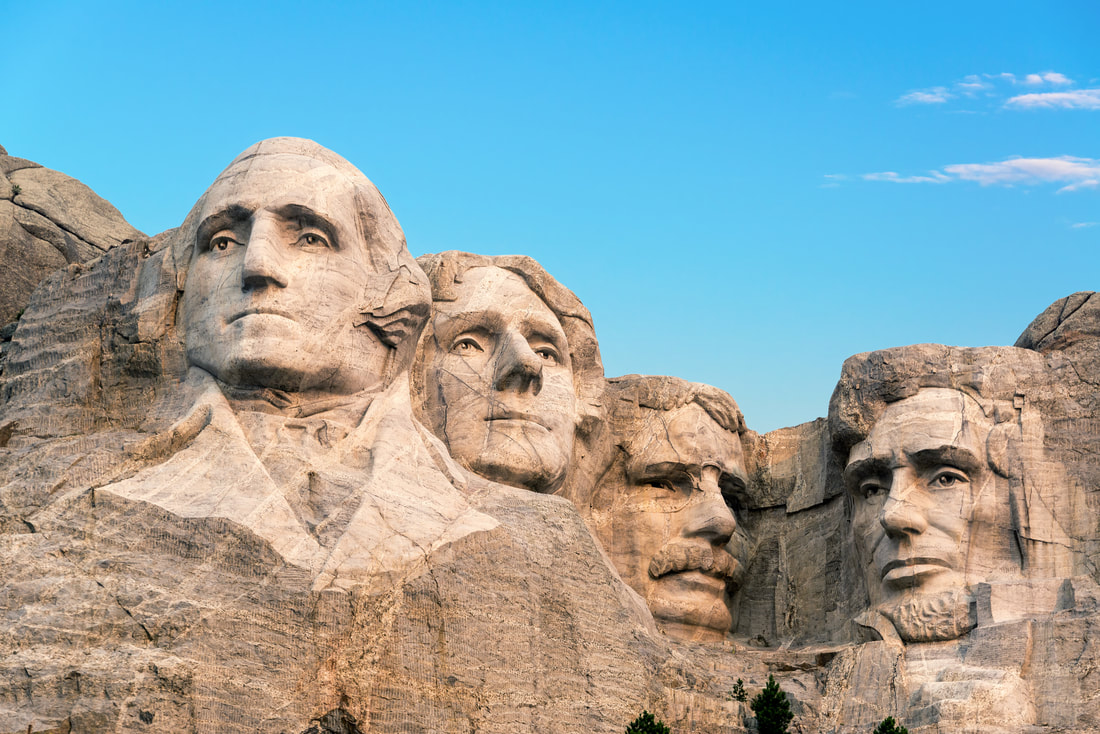
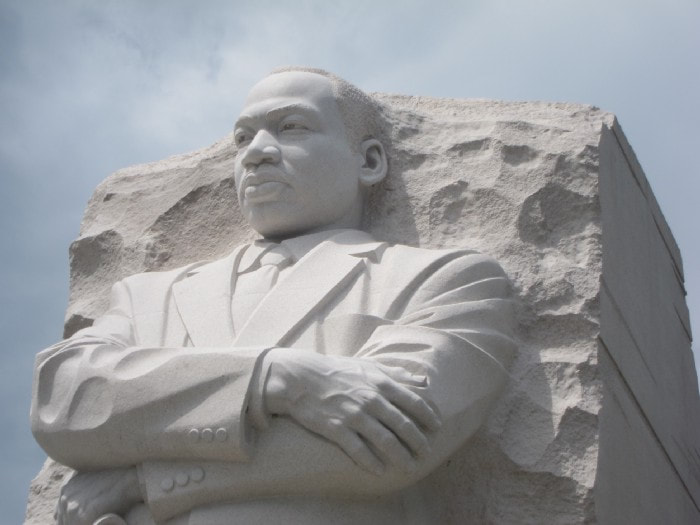
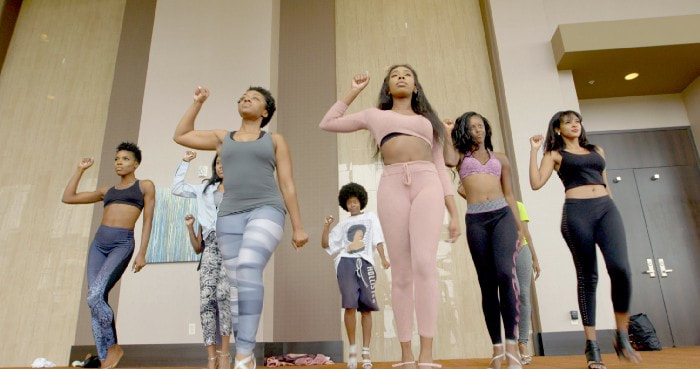

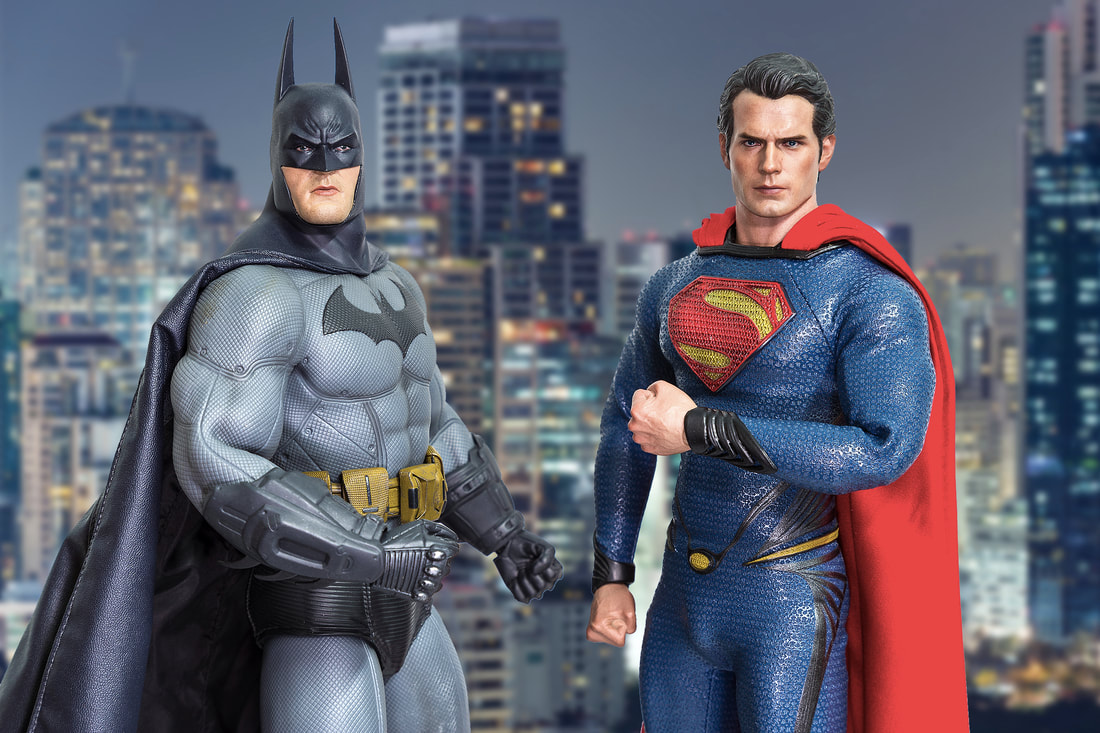
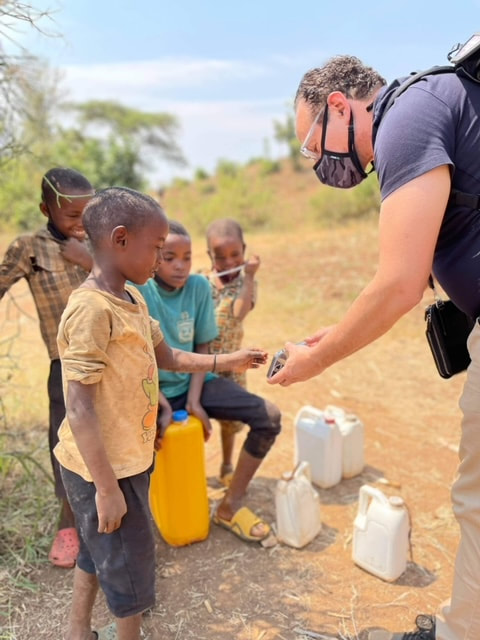
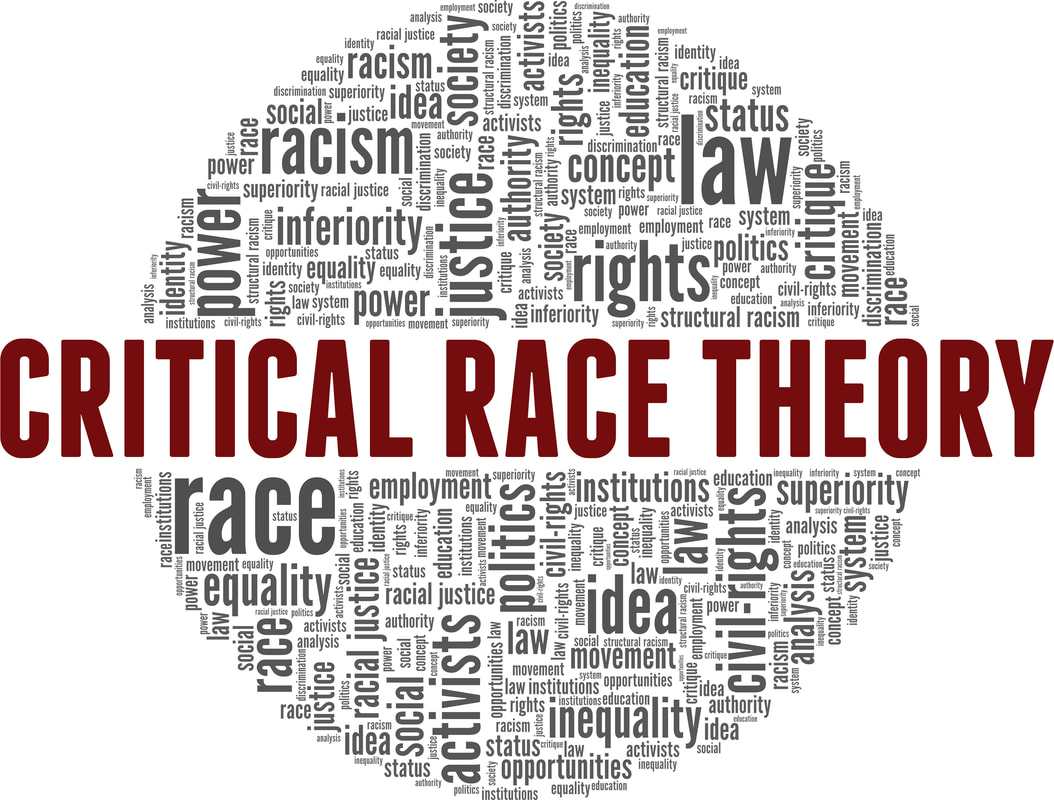




 RSS Feed
RSS Feed